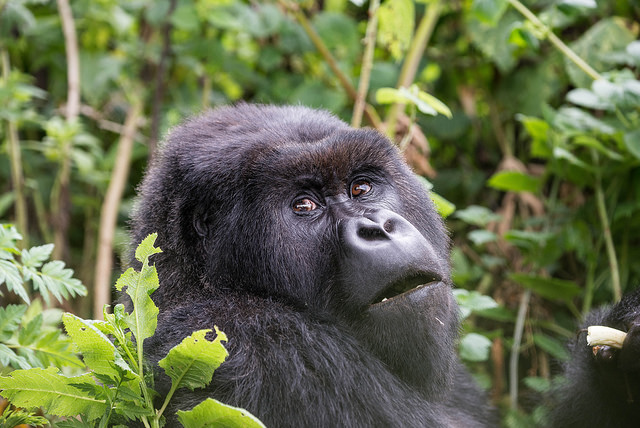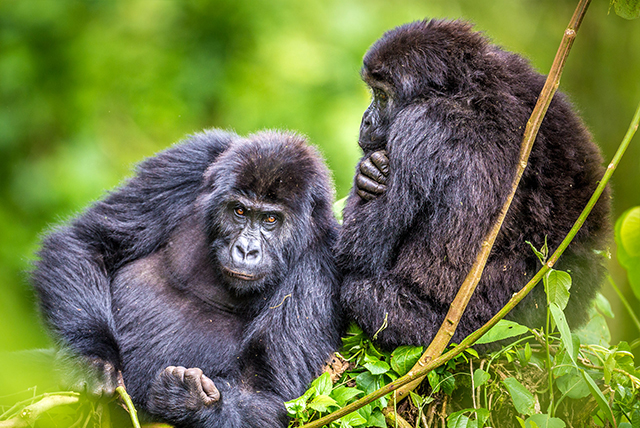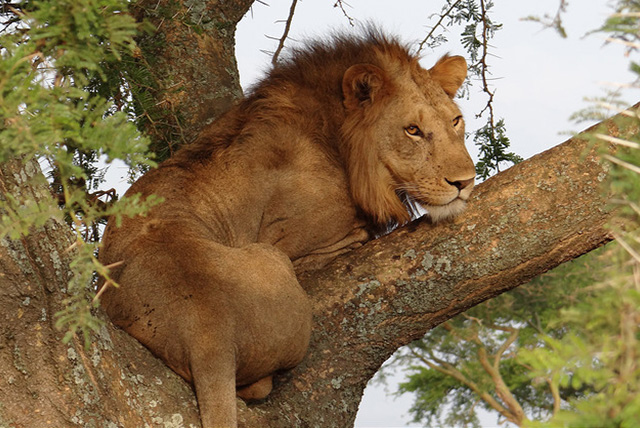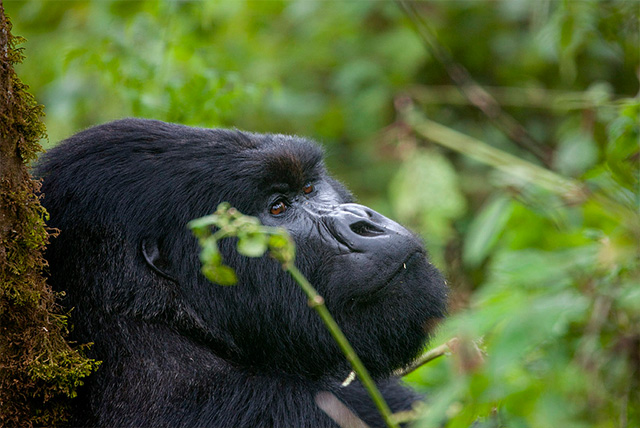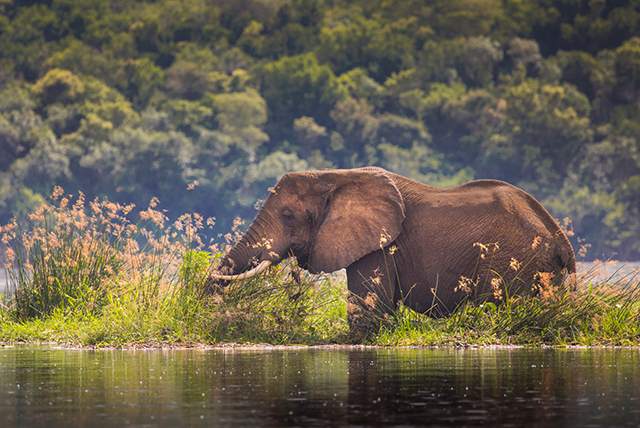Vaccinations for Madagascar Travel
Madagascar Health & Safety Guidelines
Healthcare in Madagascar presents challenges, with both public and private hospitals in Antananarivo equipped to manage only basic procedures. For more intricate surgeries, patients are often transported to neighboring countries such as Mauritius, South Africa, or Réunion.
Having thorough travel health insurance and enough funds for possible medical treatment and repatriation is crucial.
At least eight weeks before your journey, review the vaccination guidelines from your home country to ensure you are ready for any health challenges in Madagascar, such as malaria, dengue, and schistosomiasis. Keep in mind that altitude sickness may pose a challenge in some regions of the country. For those planning a trip to Madagascar, it is advisable to get vaccinated against tetanus, typhoid, polio, rabies, and hepatitis A & B. For those arriving from areas impacted by yellow fever, getting immunized might be essential.
It is recommended to take malaria prophylactics, and adventurers should seek guidance from their doctor for the latest health advice.
The tap water in Madagascar is not safe for consumption. Opt for boiled or bottled water, and steer clear of ice in beverages to safeguard against waterborne illnesses.
Exploring the wilds of Madagascar
Madagascar is not a top-tier destination. However, the isolation from the mainlands of Africa and India for over 80 million years has led to a remarkable level of unique species development. Stay alert for chameleons, birds, lemurs, and the fossa.
Make sure to bring along your favorite insect repellent to fend off those pesky bugs.
The sun in Madagascar can be intense. Do not forget your hat and sunscreen! It is wise to bring along a bottle of water to keep yourself refreshed and energized.
Make sure to pack your camera gear and a sturdy pair of binoculars.
